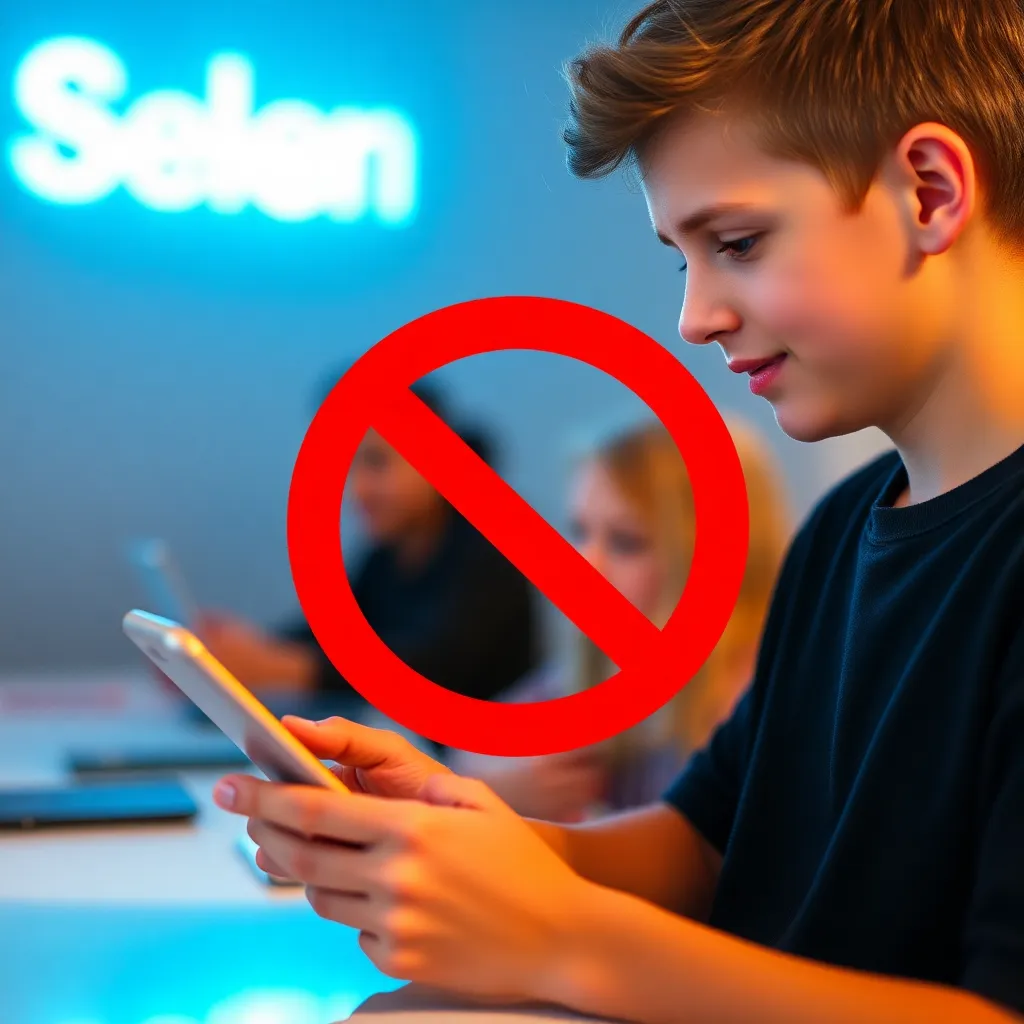
02-Dec-2024 , Updated on 7/22/2025 6:52:50 AM
Why India should ban Social Media for Youngsters
Social networks have become one of the major components of many individuals today, directly affecting the ways people communicate, receive information, and spend leisure time.
However, when it comes to youngsters, the question arises: Is this digital playground good for them or not?
Of course, social media has its benefits, but that negativity is reflected in children and teenagers. Perhaps it is high time now that the Indian government think about the following countries and simply shut down all social media apps for children below a certain age.
Addiction: A Modern-Day Epidemic
Now, I want to discuss the largest problem, which is addiction. Facebook, Twitter, and all the other social media platforms you can name are social media for a reason, and one of those is that they are programmed to make you want more and more. Beginning with the endless newsfeed to the stimulus-reward sequence provided by likes and comments, these sites engage the users and often captivate them to spend more time than is healthy. To young people, this has become an addiction that affects their studies, physical activity, and real-life interpersonal interactions.
In addition, dependency on social media avails is affiliated with anxiety and depression disorders. Still underdeveloped, the young kurta are very sensitive to the online popularity and the fear of missing out (FOMO) pressure.
Cyberbullying and online harassment
It often gets worse when young people are left to their own devices, given the fact that almost every platform is full of bullies and harassers. Cyberbullying is much different from physical bullying because children do not get time to rest from it, as it can occur at any time. Some of the problems associated with being a victim include loss of self-esteem, stressed-out individuals, and extreme cases of suicidal persons.
In essence, for the young people of India, this means protecting them from the terrible toll of social media operating alongside a vile troll-fest.
Misinformation: The Spread of Harmful Content
This is evidenced by the fact that a majority of websites, mainly on social media forums, harbour unpleasant content such as pornography and fake news. Children are susceptible to personalities and can be locked into unsavoury information. Due to poor content moderation, children end up seeing things they should not and also believing things they should not.
Further, trends/challenges occurring on Instagram and TikTok are quite lethal. Do you still recall the dangerous “Blue Whale Challenge”? The problem is that cases like that reveal the negative side of such platforms.
Privacy Concerns
This lack of privacy consciousness is evident from how youngsters engage themselves on media platforms like Facebook, Twitter, Yahoo, and so on. It exposes personal information without considering the consequences that come with it. Consequently, this naivety is not very good to handle and can bring serious consequences, commonly with the help of predators and scammers.
Youngsters should be shielded from such vulnerabilities, and if there is a successful way of doing this, it is through completely rejecting the use of social media at a young age.
This article focuses on and implies declines in academic performance as the cause of a deterioration in academic accomplishment.
While engaged in social networks, children and teenagers do not pay attention to their schoolwork. Notifications, messages, and trending topics divert their attention, and they end up not focusing on classwork. It is common for teachers to find their students unable to deliver tasks on time, or even when they do, they do a shoddy job because they have spent most of their time on social media platforms.
Banning the use of social media would guarantee children devote time to studying rather than spending hours in front of a screen.
Social Skills are Declining
Ironically, technologies advance into social networks and take actual social skills away from individuals. Youngsters no longer call; instead, they text. They no longer frown, smile, or feel sad; they use emojis. For this reason, they have significant problems with face-to-face communication; that is why it is very hard for them to build up important interpersonal relations.
A break from social media is the ultimate idea that makes youth come out of their virtual world and enables them to talk effectively to one another, thus improving interpersonal communication skills.
Conclusion: Necessary Step
As unwelcome as banning social media for youth may sound to some, they are in the right by so doing, as they stand to protect the youth from the adverse repercussions on their mental, physical, and virtual well-being. The social site is not always holy, especially to the young and vulnerable brains.
India has no option but to invest in young people to foster their developmental years in a favourable environment. Limiting the time children spend on the Internet and social networks will help them pay attention to studies, music, friends, and themselves. The future of our nation will not be determined by the choices we make in the future but by the choices we make today. This choice is very clear: protect our children from the keep of social media.

Student
hey there! i am a student currently pursuing my bachelors with a keen interest in writing., I am fueled by a deep love for storytelling and a flair for creating captivating narratives. Armed with a passion for language and a keen eye for detail, I strive to craft compelling copy that leaves a lasting impact.
Comments
Join Our Newsletter
Subscribe to our newsletter to receive emails about new views posts, releases and updates.
Copyright 2010 - 2026 MindStick Software Pvt. Ltd. All Rights Reserved Privacy Policy | Terms & Conditions | Cookie Policy